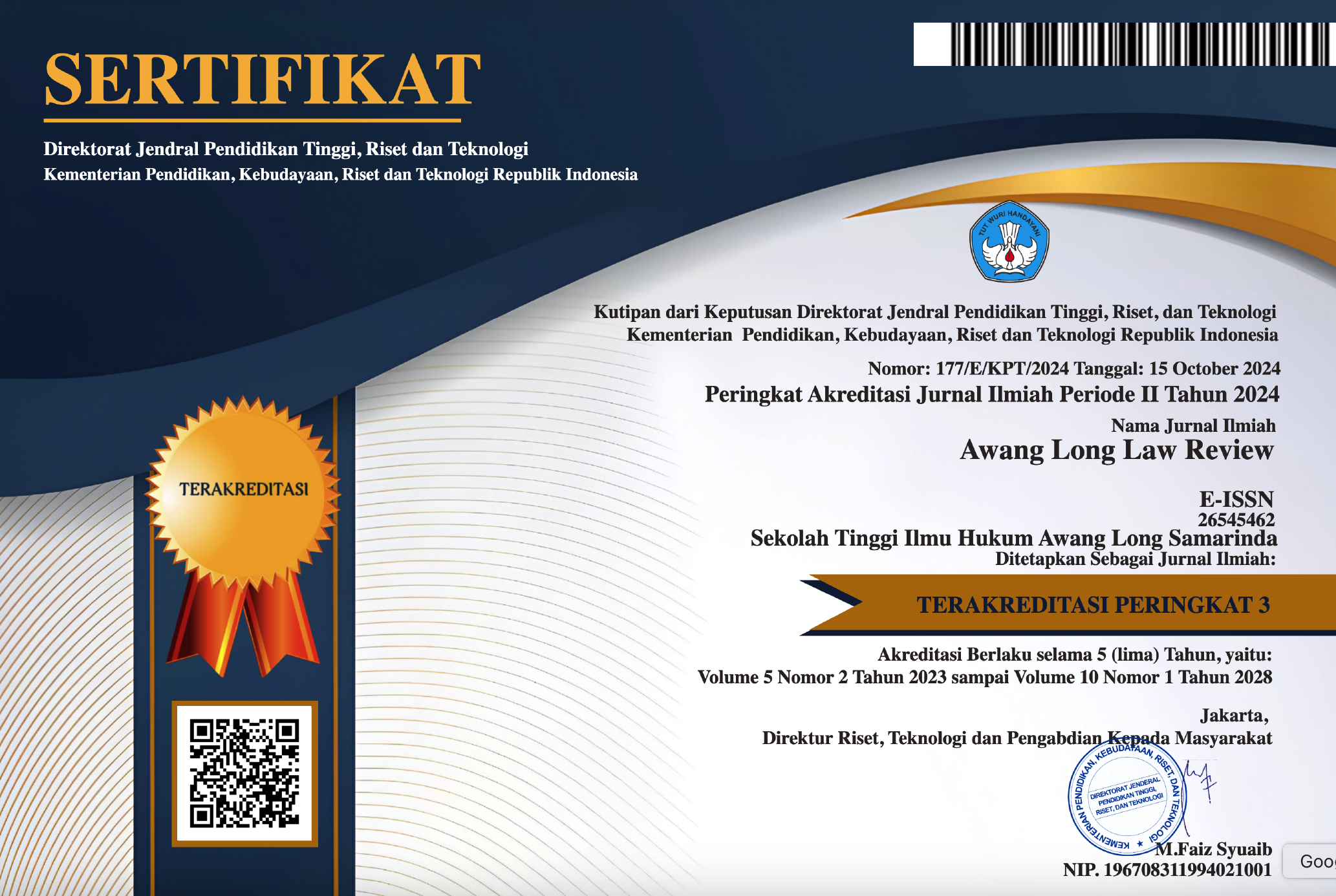Cash Waqaf Regulation In Indonesia – An Analysis Towards Zero Hunger During Covid 19 Pandemic
Abstract
Cash waqf is an intangible waqf, an innovation of the traditional concept of waqf or Islamic endowment practice. Looking at the potential of cash waqf for the benefit of the society, Indonesian government then regulates it in Law Number 41 of 2004 concerning Waqf together with Indonesian Waqf Board Regulations and other regulations. Cash waqf practice is getting wider acceptance in the society, however its potential has not been fully utilised for the benefit of the society. Reason being is that the allocation of cash waqf is not considered as charity (direct assistance) but instead it is managed productively for business ventures. Besides that, due to overlapping rules on cash waqf, Nazhir of cash waqf are incapable of managing waqf money independently. On top of that Muslim community at large are still unclear with the procedures on how to donate money based on existing laws and regulations. Thus this research aims to Research findings regarding cash waqf regulation for the benefit of the community during the Covid-19 period have not been optimal. Because the allocation of cash waqf is not specifically for overcoming the economy of the people affected by the Covid-19 outbreak.
Downloads
Copyright (c) 2021 Awang Long School of Law

This work is licensed under a Creative Commons Attribution-ShareAlike 4.0 International License.







